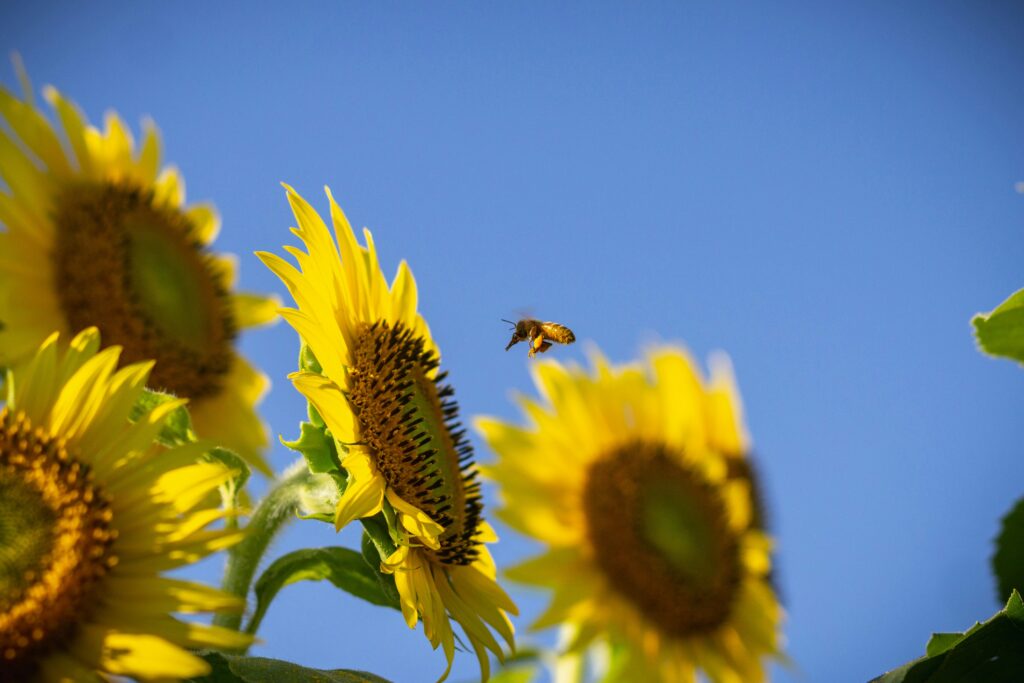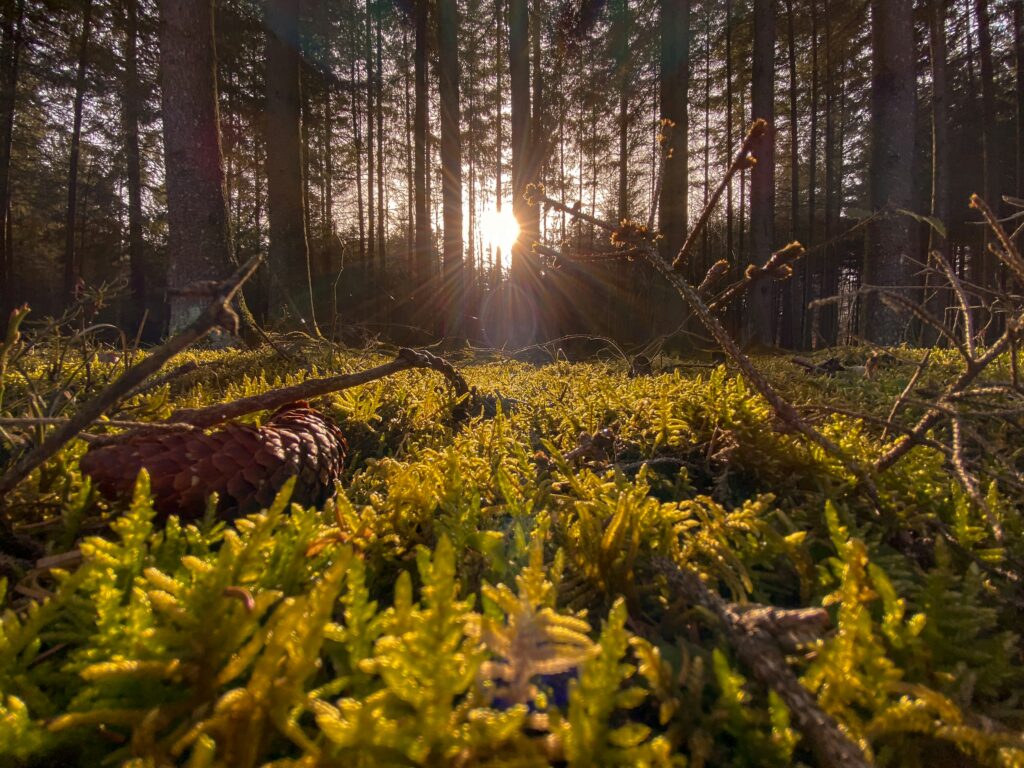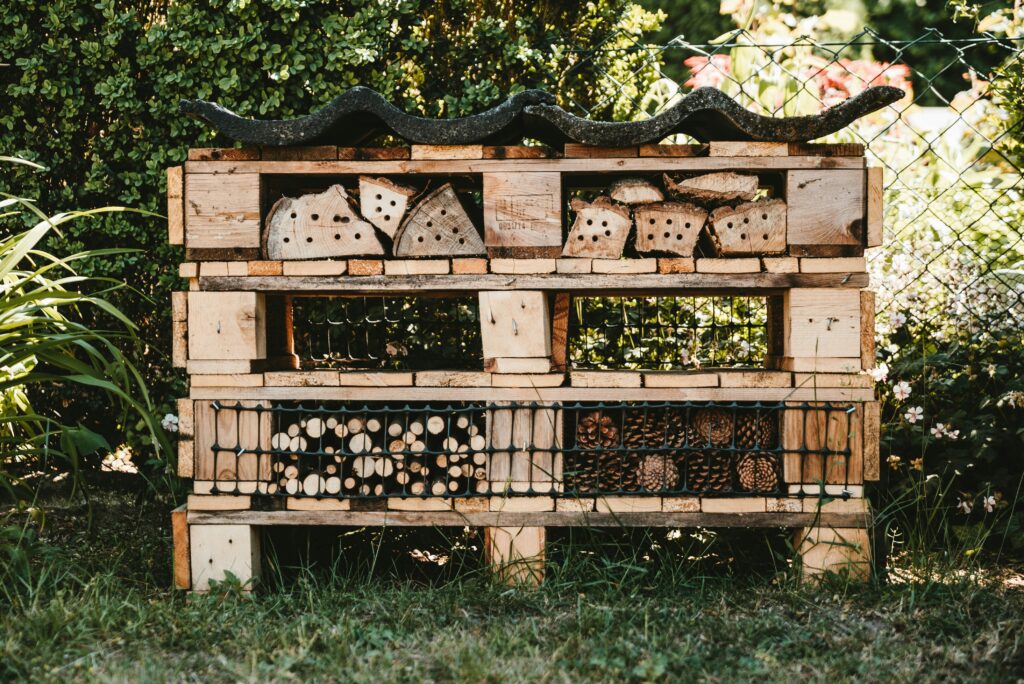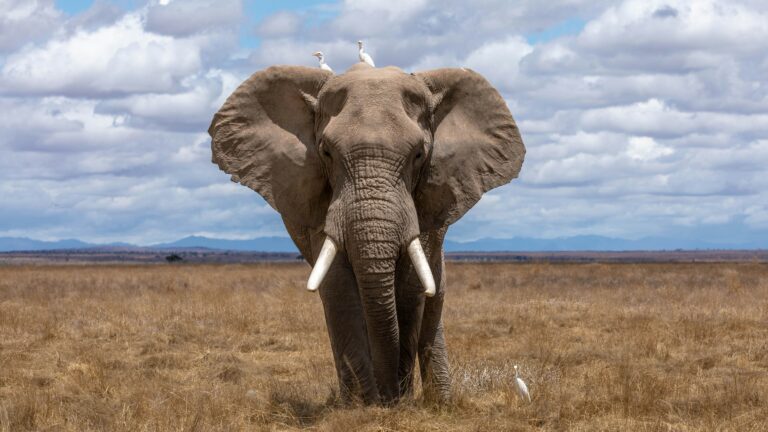
World bee day: Pollinators being pushed to the precipice
Today is World Bee Day. Bees play a vital role in our natural ecosystems, pollinating flowers and our crops. But wild bees are in decline in the UK and internationally, the cause of which is the expansion and intensification of agriculture to feed our growing population.
pollinator power
Bees are pollinators, a group they belong to alongside butterflies, bats, and hummingbirds. Pollinators play a vital role in the survival of our ecosystems.
Nearly 90% of the world’s flowering plant species depend upon animal pollination.
And it’s not just wild plant species that rely upon animal pollination, but our crops too. 75% of the world’s food crops and 35% of global agricultural land rely on insect pollination.
Yet it’s the intensification and expansion of agriculture that is causing a catastrophic decline of bees and other insect life.

BEES AT RISK
Wild bees and bumblebees are in serious decline in the UK. A key reason cited for this is the continued use of the pesticide thiamethoxam – a type of neonicotinoid – on sugar beets.
A single teaspoons of neonicotinoid is enough to deliver a lethal dose to 1.25 billion bees.
Neonicotinoids have been banned in France and Europe since 2018, due to their harmful effects on pollinators.
However, for the fourth year in a row, the UK government has permitted the use of neonicotinoid pesticides for “emergency use”. This has been described as a “deathblow” by the Wildlife Trust, due to the catastrophic impact on bees and other insects.
The UK has a current population of 67 million people and is expected to increase to an expected 69.2 million people in 2030. As population growth continues, this puts further demands on agricultural intensification and expansion, causing detrimental effects on insects due to the increased use of pesticides.
The impacts of agricultural intensification on wildlife are further examined in our report, Vanishing Icons: How population growth is driving our most-loved animals to extinction report.

Q&A with Clive Ellis
To better understand how we can support wild bees and other pollinators in our local areas, we called upon one of Population Matter’s own members, Clive Ellis to give us some expert advice.
Working mainly in Eastern and Southeast England, Clive Ellis manages woodland and restores under-managed woodland back into cycle. His years of experience in the field, managing and restoring forests, means he’s an expert on forest ecology and woodland conservation.
Q1: You’re a registered member of Population Matters, what drew you to supporting our organisation?
“For all my adult life I have been very concerned that the number of humans is having a negative impact on the natural environment. Debates on the issue have been rare, not natural conversation, despite the issues being so fundamental. Population Matters deals with the subject in a kind, straightforward way, with a focus on education and access to resources. Just being able to talk about things without people having to feel defensive is a starting point. And campaigns and family planning provision are important work.”

Q2: As an expert in woodland management, how important is insect life in relation to the wider forest ecosystem?
“Ecologies are so complex, but insects above and below ground are essential in healthy, balanced woodland ecosystems. Above ground, pollinating insects fertilise the flowers and shrubs from which seeds and berries develop, to then produce more flowers and shrubs. While most trees are wind pollinated, lime and fruit trees for example need insects to help them along.
Below ground, beetles are the first stage in the process of breaking down woody material and creating essential soil organic matter, cycling nutrients, and maintaining a decent structure for gas exchange. This is important, because all organisms respire, including plants and most trees, so they need permeable soils to allow oxygen and CO2 to diffuse. We hear a lot about the importance of gut microbiomes these days, that our bodies are made of millions of beneficial microorganisms, and that compost heaps are great for garden soil. But equally important in the world of microorganisms are those in woodland. With unhealthy soils below, life above ground is unhealthy, part of the syndrome which lead to disease and declines.”

Q3: To support insect life, there have been various grassroots initiatives set up to support insect life, such as No Mow May. What advice would you give to other Population Matters members interested in supporting No Mow May initiatives this year?
“Insects want healthy natural systems. Think about what insects want: habitat and food. A succession of flowering plants will help with a regular supply of nectar throughout the season. Elements of untidiness allow overwintering habitat. And undisturbed woodiness somewhere, under a hedge maybe is a great habitat for beetles, to maintain a healthy local ecosystem.”

We give our thanks to Clive Ellis for participating in this Q&A.

